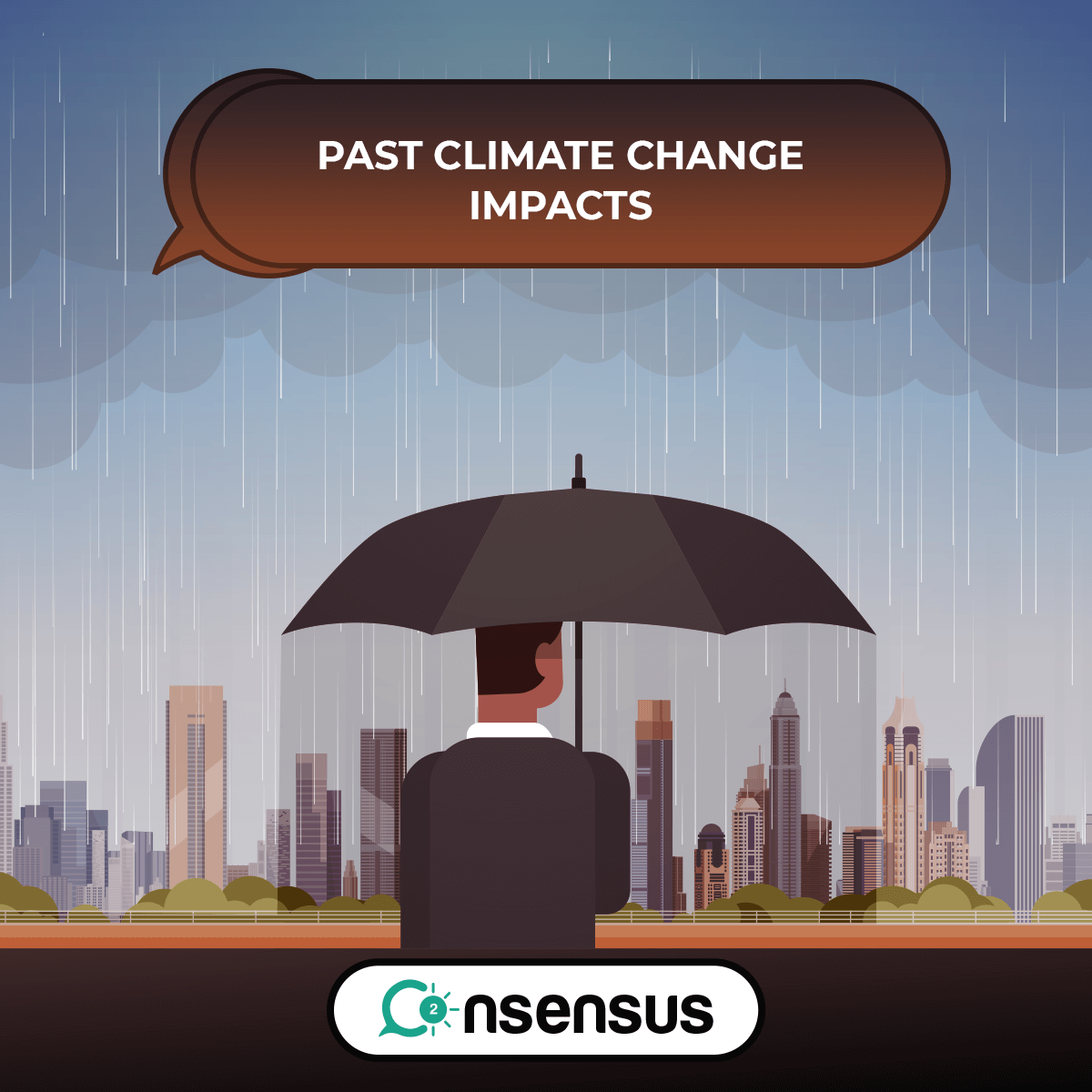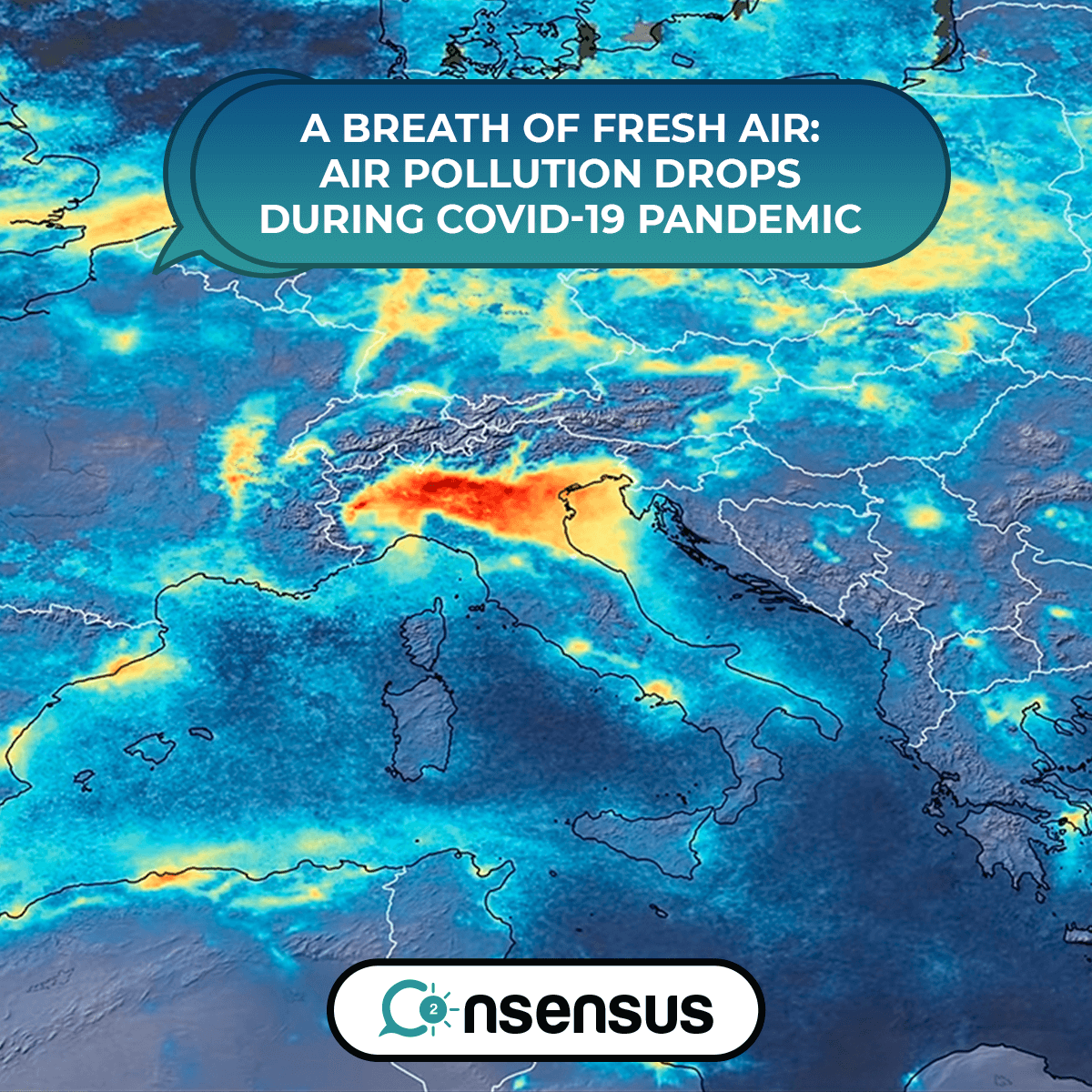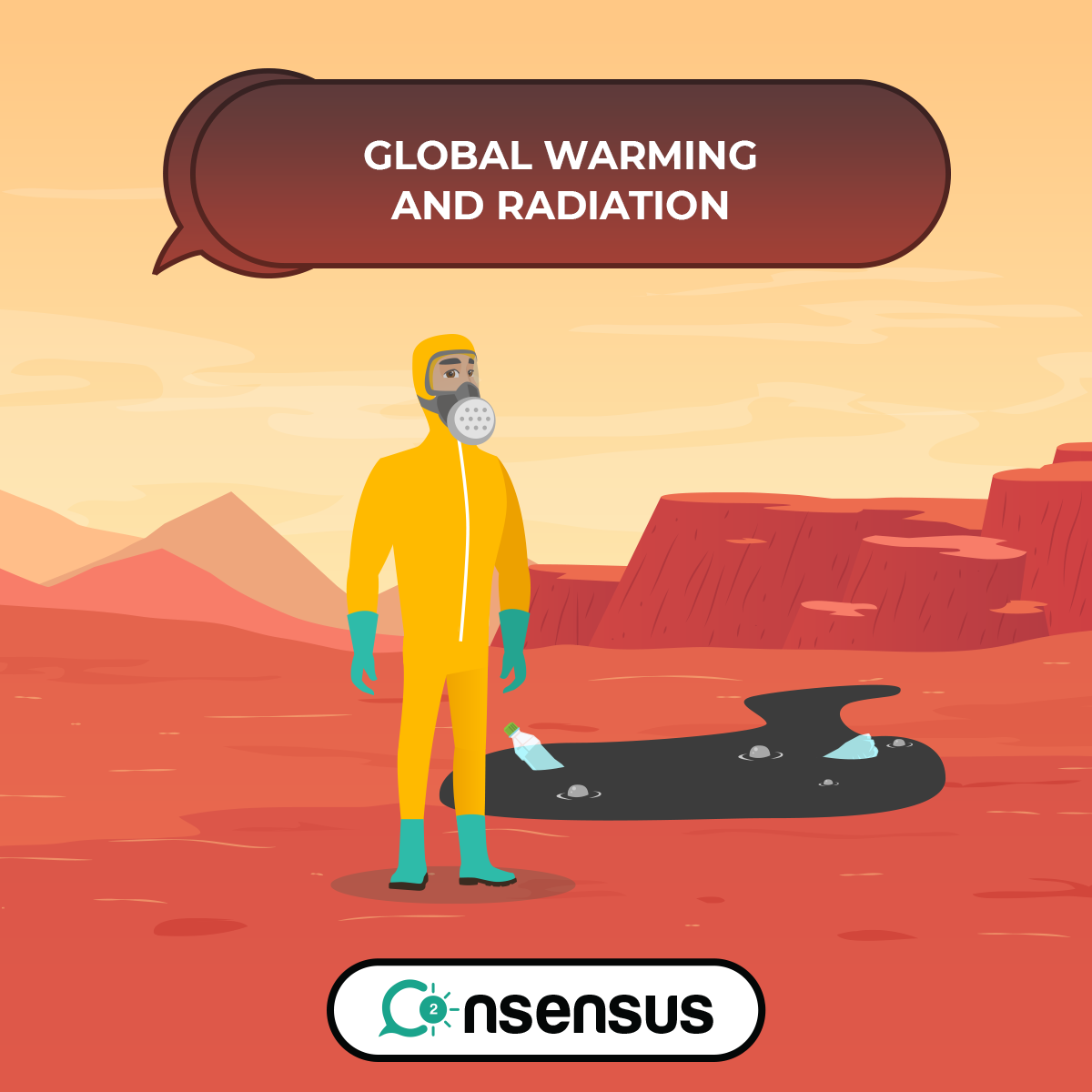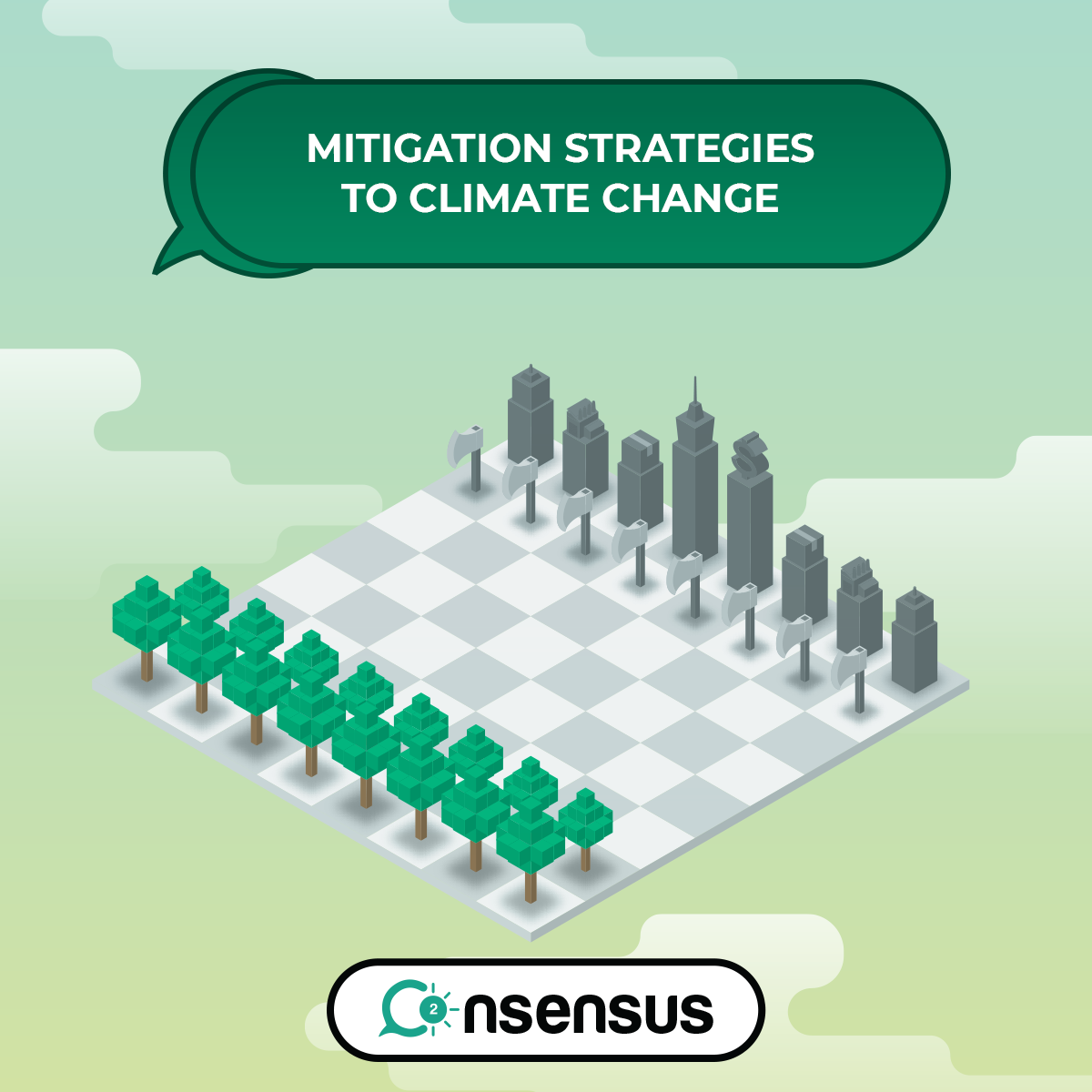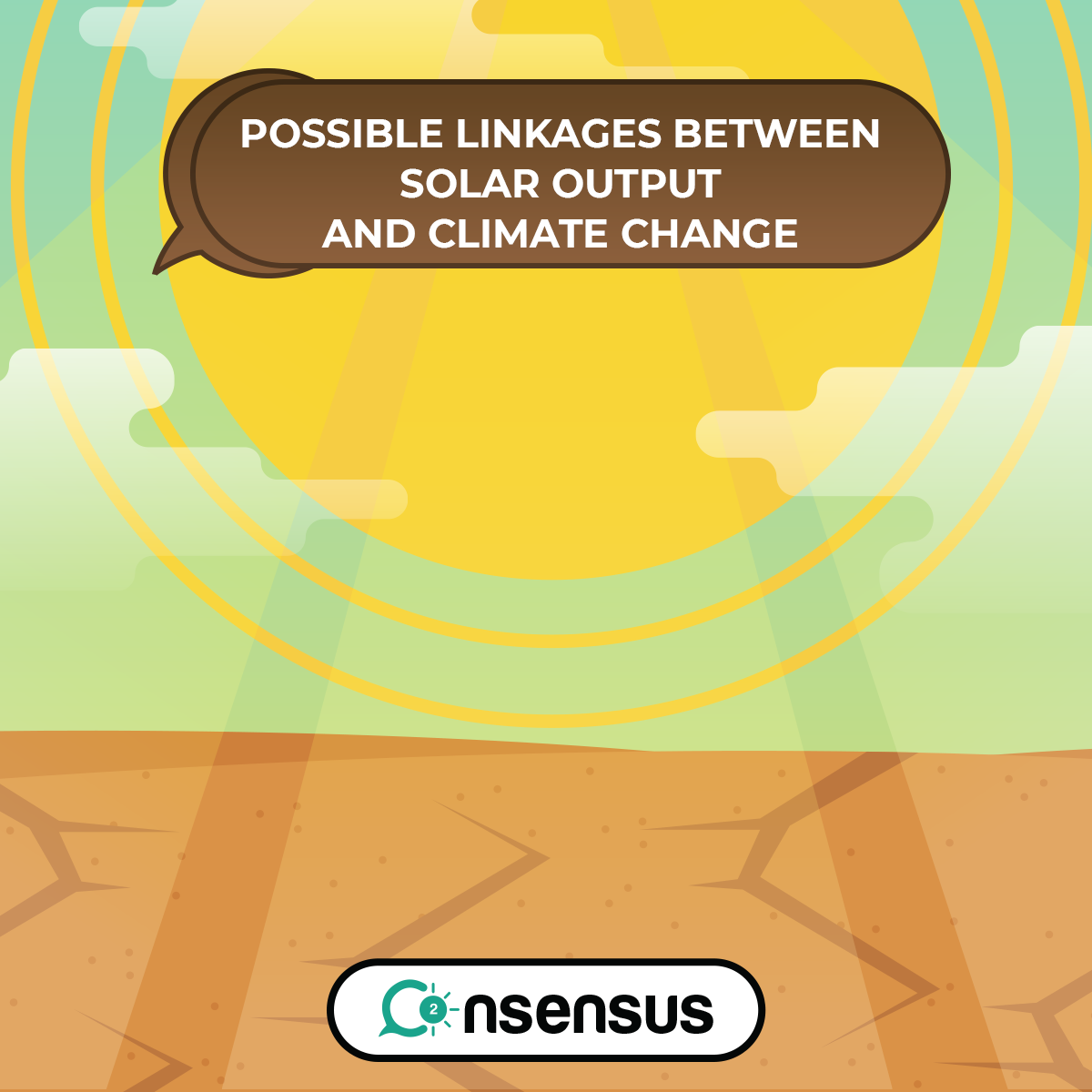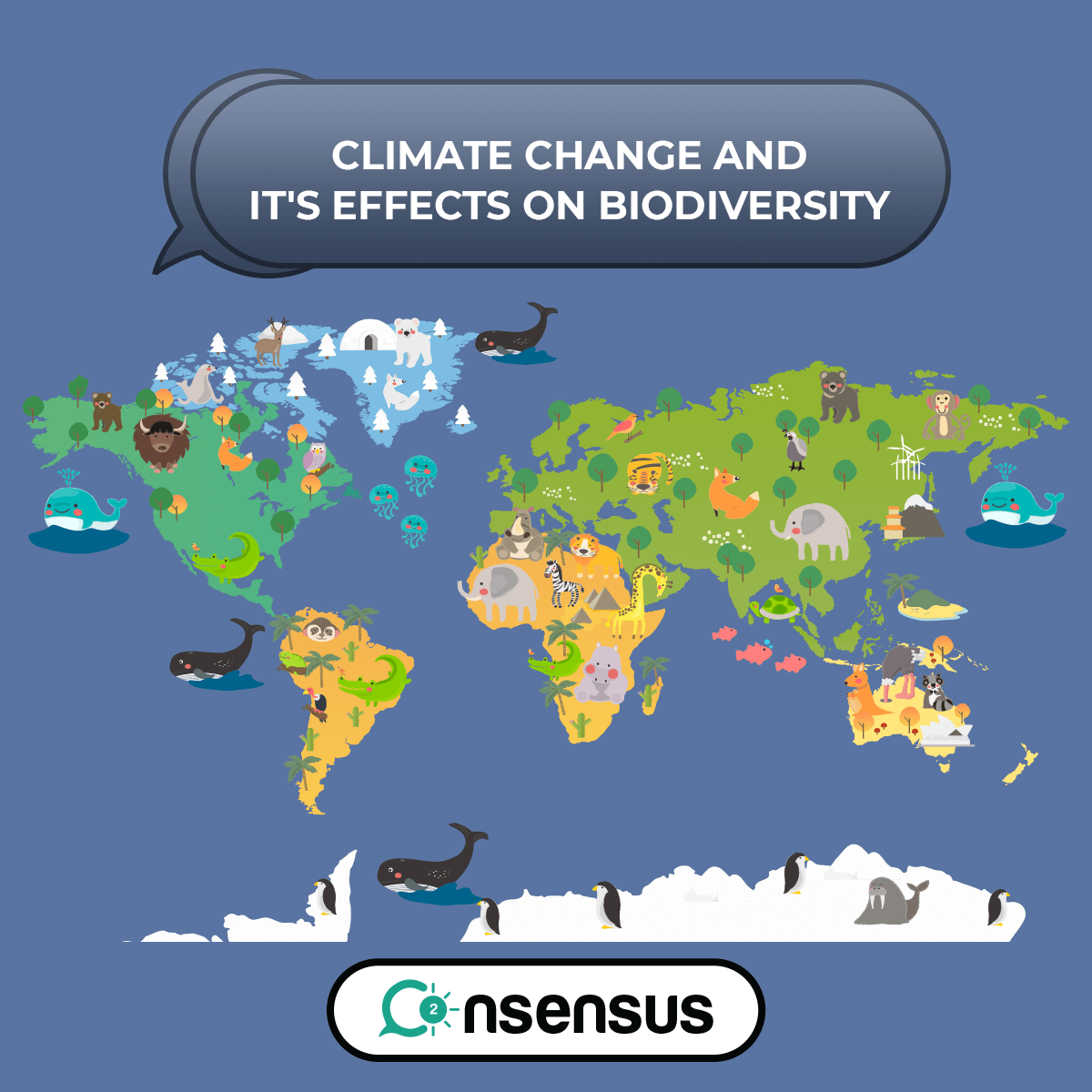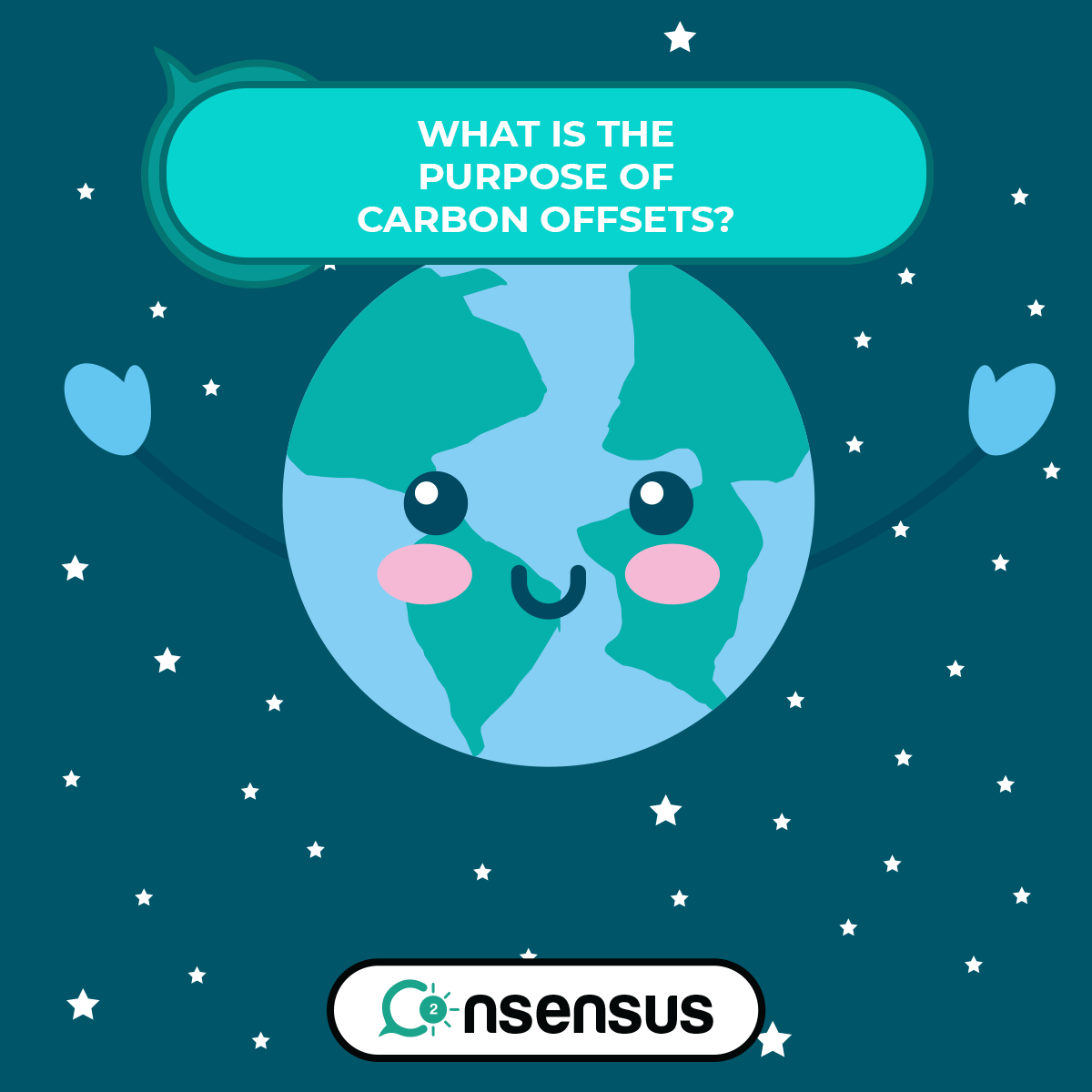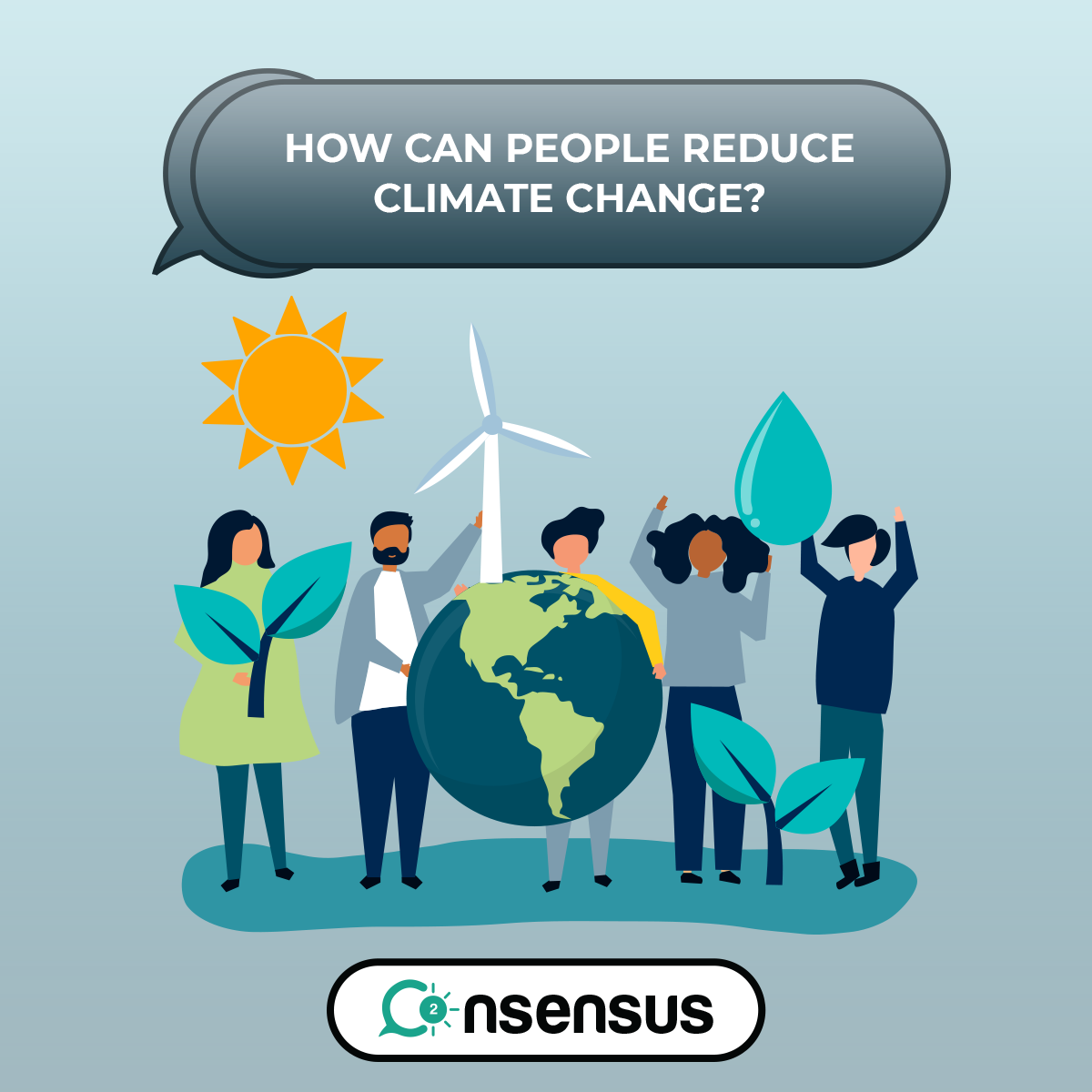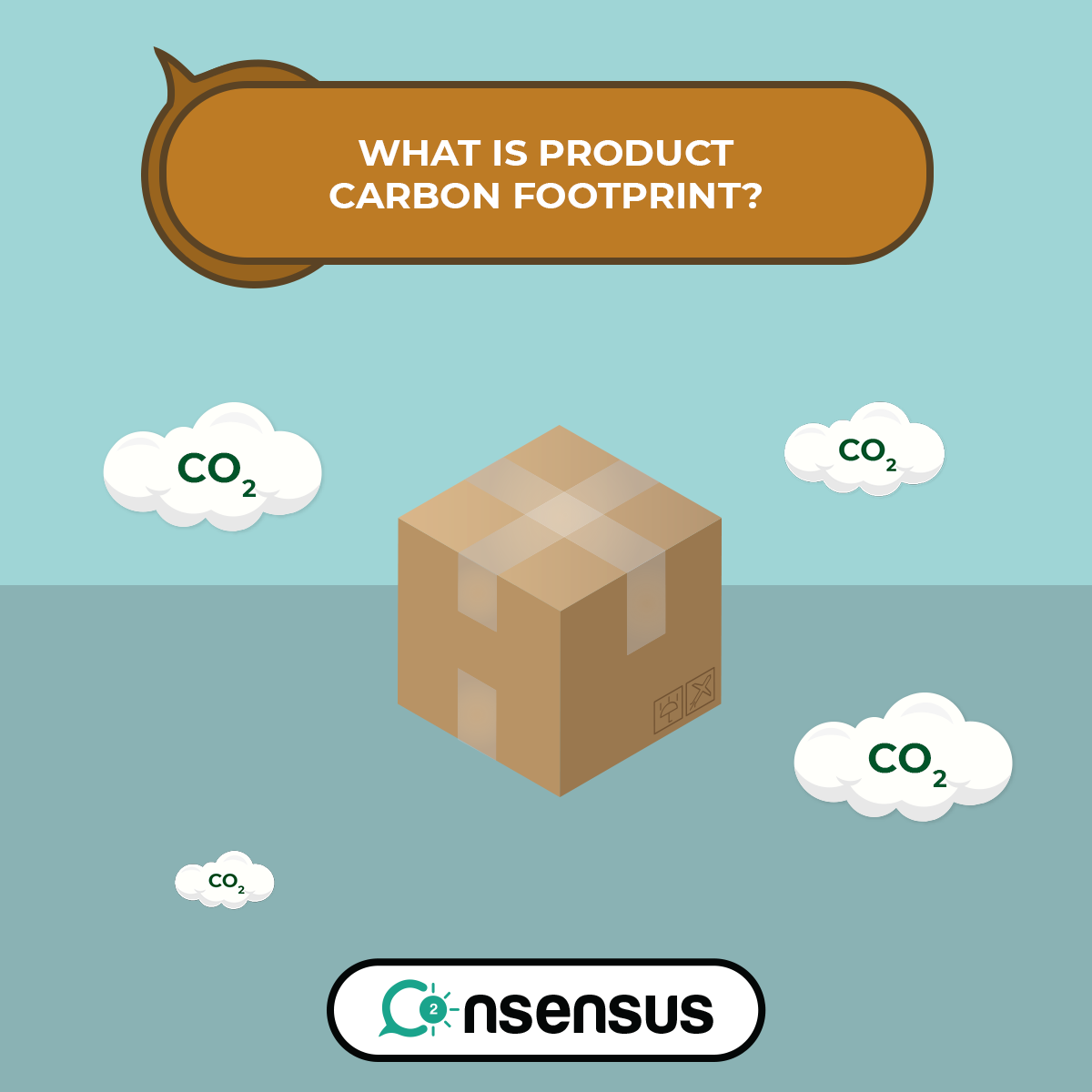Over the next decades, it is predicted that billions of people, particularly those in developing countries, face shortages of water and food and greater risks to health and life as a result of climate change concerted global action is needed to enable developing countries to adapt to the effects of climate change that are happening now and will worsen in the future.
A Breath of Fresh Air: Air Pollution Drops During COVID-19 Pandemic
Air pollution has intensified the pandemic, but the pandemic has—temporarily—cleaned the skies. As cities, some of the entire nations are under lockdown, Earth-observing satellites have detected a significant decrease in the concentration of a common air pollutant.
Global Warming and Radiation
The sun radiates energy in all directions. Most of it dissipates into space, but the tiny fraction of the sun’s energy that reaches Earth is enough to heat the planet and drive the global weather system by warming the atmosphere and oceans. The delicate balance between the amount of heat Earth receives from the sun, and the heat that Earth radiates back into space makes it possible for the planet to sustain life.
Mitigation Strategies to Climate Change
Mitigation refers to actions that reduce the human contribution to the planetary greenhouse effect. Mitigation actions include lowering emissions of greenhouse gases like carbon dioxide and methane, and particles like black carbon (soot) that have a warming effect. Increasing the net uptake of carbon dioxide through land-use change and forestry can make a contribution as well.
Nature is reclaiming its spaces during COVID-19 pandemic!
The coronavirus pandemic has shut down countries across the world. It is having a huge impact on people and the economy – but what about the wildlife and the environment?
Possible Linkages Between Solar Output and Climate Change
Radiative fluxes at the Earth surface are major determinants of ambient climate and provide the energy for a variety of vital climate processes. Variations in these fluxes therefore may play a crucial role in various environmental issues such as global warming, glacier retreat, water availability and carbon budgeting. On a more applied level, changes in the amount of solar radiation reaching the Earth surface may substantially affect factors involved in climate change.
Climate Change and Its Effects on Biodiversity
Climate change has direct consequences on the biophysical environment of the earth. In fact, climate change and global warming can affect the length of the seasons, can present an increase in sea levels, and is even related to droughts, floodings, and biodiversity of an area.
What is the Purpose of Carbon Offsets?
Carbon offsetting, in theory, makes a huge difference in helping the world tackle the threat of global warming. Although it doesn’t cure the problem, it stops it from getting worse.
How Can People Reduce Climate Change?
It seems like everywhere you look there is a natural disaster going on. Floodings, droughts, snowstorms, sea levels continue to rise, and more these type of catastrophic events are becoming more frequent as months go by. What about if you ask yourself what you could do to halt climate change?
What is Product Carbon Footprint?
Carbon footprints have become an essential part of any company’s overall auditing procedures. The calculation of a company’s total carbon liability, direct or indirect, has a direct bearing on the steps which are needed to be taken in order to bring it down to the lowest possible value. However, there is a lot of ambiguity still on which is the best way to calculate it.
